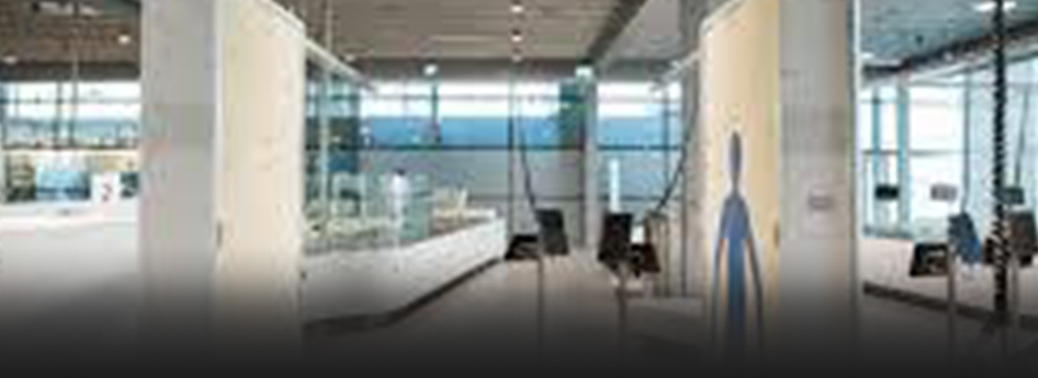GOVT MAKES FULL-BODY SCANNERS MANDATORY AT 84 AIRPORTS IN NATION TO SCREEN AIR TRAVELLERS
02, Jun 2019

Prelims level : Governance
Mains level : Governance, Social Justice and IR
Why in News:
- The government has made it mandatory for 84 airports in the country to install full-body scanners to screen air travellers within a year and issued a standard operating procedure for their use.
Background: / Global standard:
- This equipment will replace walk-through metal detectors and passengers will have to
remove shoes, belts, jackets, thick clothing and be “divested” of all metallic items. - As a matter of fact, this is a practice at most prominent airports across the world.
- However, 10% of passengers will also be subjected to full pat-down searches at random.
Advantages of body scanners:
- It is important to note that walk-through metal detectors and hand-held metal detectors cannot detect non-metallic weapons and explosives. On the other hand, body scanners detect both metallic and non-metallic items concealed on the body.
A Safeguard towards ensuring Privacy:
- Following concerns over these machines generating naked images of passengers, the Bureau of Civil Aviation Security (BCAS) has mandated privacy filters.
- As a result, these scanners will produce only an outline or a mannequin-like image, which is the same for all genders. A yellow box appears on the body image to highlight areas that may need further screening.
- The scanner shall provide image-free solution using a generic mannequin. Threats shall be graphically presented.
Technology which these scanners will use:
- These scanners use millimetre wave technology, which means passengers will not be subjected to harmful X-ray radiation, and the machine is safe for use by all, including pregnant women.
- These scanners will help airports improve passenger throughput as they are required to screen a passenger in eight seconds and 300 passengers per hour, according to the technical specifications spelt out by the BCAS.






